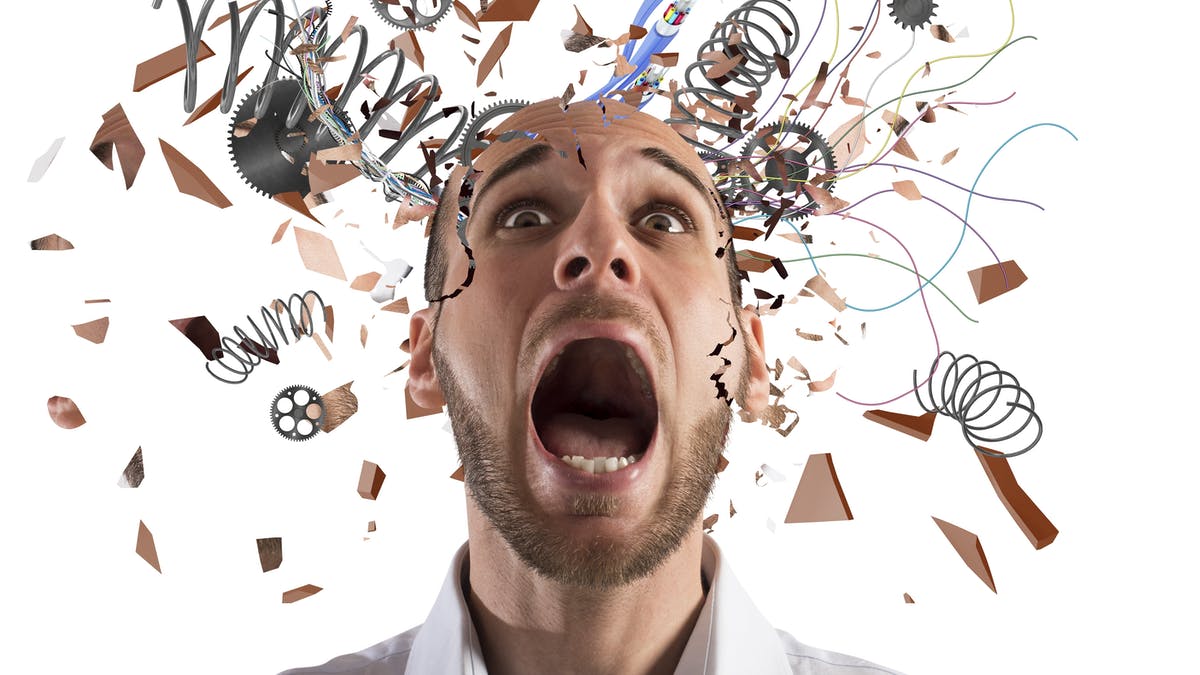|
Stress or Tension
Stress or tension is an inevitable part of a busy, modern life. Stress by definition is, “physical, mental, or emotional strain or tension”. Stress is not always harmful since increased stress results in increased productivity. During stress, body responds by releasing hormones that increase your heart and breathing rates and ready your muscles to respond. As per research done (07.08.2014) by American Psychological Association, American Institute of Stress, major causes of stress are job related, money, health, relationships, poor nutrition, digital or media overload and sleep deprivation. These causes include job related - co-worker tension, bosses, work overload; money – loss of job, retirement, medical expenses; Health – health problems, chronic illness; Relationships – fights with spouse or other relations, death of spouse, divorce, loneliness; Poor nutrition; digital or media overload – TV, internet, social networking; Sleep deprivation etc. Nearly 9 in 10 Indians suffer from stress. As per findings of the 2018 Cigna 360 Well-Being Survey - Future Assured, conducted by Cigna TTK Health Insurance, show that stress levels are higher in Indian compared with other developed and emerging countries. 95 per cent of Indian millennials between the age group of 18-34 are stressed compared to the global average of 86 per cent. Why Stress: Stress is, “a condition or feeling experienced when a person perceives that demands exceed the personal and social resources the individual is able to mobilize.” The root cause of stress is uncertainties. Fears, hatred, dislike, jealousy etc. are accumulated since birth and cause disruptive interaction with others. Much of the discontentment or stress is also due to behaviour of others and disruptive interactions. Every psycho-physiological disturbance, every negative and destructive emotion causes conflict in the brain. This interferes with the normal tonic rhythm of the muscles and keeps them in an abnormally high state of stress. This over-activation of the muscles without the corresponding muscular activity results in a continual drain of energy from the body. Impact of chronic stress: Chronic stress can cause a variety of symptoms and affect your overall well-being. Symptoms of chronic stress include: irritability, anxiety, depression, headache, insomnia etc. Continuous mental tension leads to excessive muscular fatigue which ultimately results into chronic fatigue. Due to this, there continued drain of energy from the body. The digestive system, circulatory and respiratory systems have to work harder to provide more energy. Eventually, the body become less efficient and general health of body declines. Often there is a breakdown of one or more of these organs leading to ailments such as arthritis, coronary problems, constipation, asthma and so on. The endocrine system also suffers. Further, emotional responses due to tension, automatically inject adrenalin into the bloodstream which causes contraction of muscles, contraction of blood vessels, increases the heart and respiratory rates, speeds up the thought processes and so on. Injection of adrenalin in bloodstream is warranted only during emergencies. But modern living abuses the emergency response system and eventually leads to malfunctioning of various organs and inefficiency. This is the precise reason of life style diseases – diabetes, cardiac stroke, BP, ulcers, brain stroke and so on. Stress & Hinduism: Memory is storehouse of past experiences which determine reactions in the similar situations. Hence, the mind is conditioned. These past experiences are stored as impressions (sanskars) and vasanas (deep-rooted desires) in sub-conscious realms. These impressions form the attitudes which are continuously updated in the light of new experiences. Impressions stored in subconscious realms in the form of Prejudices, complexes, fears, etc. filter the incoming data. The perceptions from external situations sent through sensory nerves are processed in the subconscious realms of the mind in the light of impressions stored there. We have several prejudices such as some generally see good points of their favourite friends or relatives, whereas worst points of others; etc. People have inherent fears. People have different fears such as fear of death, fear of failures fear from heights, fear from lonely or dark place etc. People are born with certain complexes such as undue attachment with the parent of opposite sex (Oedipus/Electra Complex), person views themselves as having God-like powers (God Complex), person that believes they are better than everyone else (Superiority Complex), person that always blames things that go wrong on themselves (Guilt Complex), person wants to be centre of attention (Hero Complex) etc.
Swami Satyananda Saraswati ji formulated following codes:
0 Comments
Leave a Reply. |
Archives
March 2024
Categories
|

 RSS Feed
RSS Feed